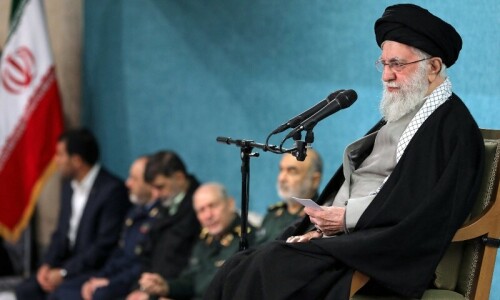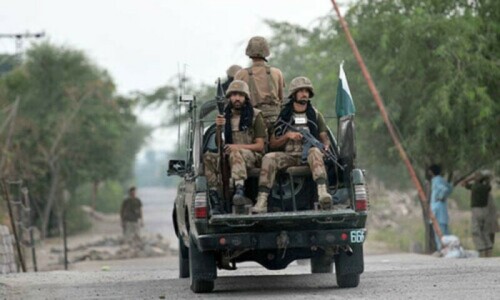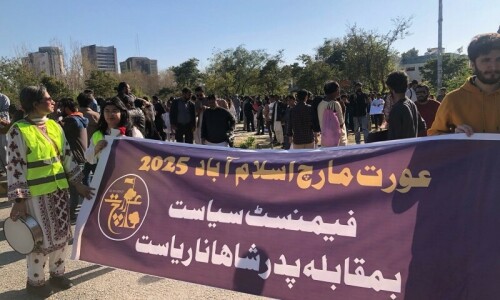Poor states have right to burn carbon, says Modi

LE BOURGET: Indian Prime Minister Narendra Modi warned at the climate summit on Monday that poor nations had a right to burn carbon to grow their economies, underscoring one of the major obstacles to a universal deal to tame the warming of the planet.
“Justice demands that, with what little carbon we can still safely burn, developing countries are allowed to grow,” he wrote in a column published in the Financial Times.
“The lifestyles of a few must not crowd out opportunities for the many still on the first steps of the development ladder.”
Developing nations insist that industrialised countries should do more to cut emissions, having polluted for much longer.
That principle, known as “differentiated responsibility”, was enshrined in UN negotiations more than 20 years ago.
Since then, China and India have become the world’s number one and four carbon emitters, however, and other erstwhile “developing” countries have scaled the economic ladder.
Rich countries insist that realistically the burden must be shared more evenly if the world is to have a chance of limiting global warming to less than two degrees Celsius from pre-Industrial Revolution levels.
Rich ‘powered their way to prosperity’: The contentious issue touches on all aspects of the deal -- from setting emission goals and agreeing on a review system, to the flow of climate aid.
“Some say advanced countries powered their way to prosperity on fossil fuel when humanity was unaware of its impact,” Modi said.
“Since science has moved on and alternative energy sources are available, they argue that those just beginning their development journey bear no less responsibility than those who have reached the zenith of their progress,” he added.
“New awareness, however, should lead advanced countries to assume more responsibility. Just because technology exists does not mean it is affordable and accessible.
Published in Dawn, December 1st, 2015













































